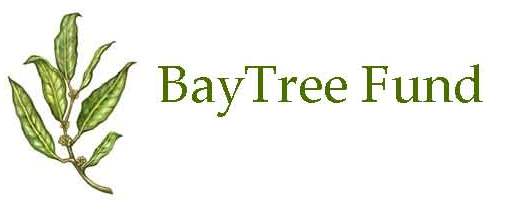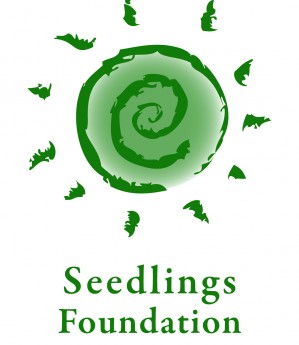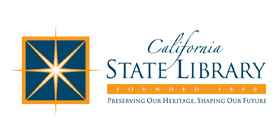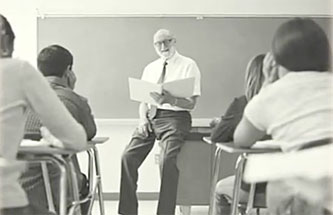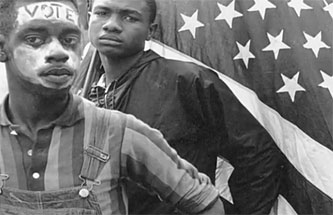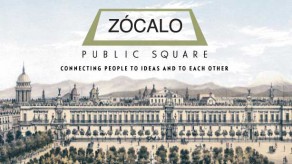
How do we create a healthy democracy in a time of political polarization? How do we carry out our responsibilities as citizens in an increasingly interdependent world?
About Searching For Democracy
Leading into the national 2012 elections, Searching for Democracy was a two-year initiative that provided Californians with various ways to explore how the humanities can provide insight and opportunities to have conversations that matter about the nature, state, and needs of our democracy. California Humanities and its partners explored these complexities—through a series of local, regional, and statewide activities that have humanities at their core—to accomplish a greater understanding of what is needed to sustain a healthy democracy in an increasingly interdependent world.
Students, families and people from all walks of life explored—online and in person—what discoveries and lessons lie in works of fiction and nonfiction, provocative cultural exhibits, and public conversations.
You can watch videos from some of our Searching for Democracy programs—and the forum that started it all—HERE on UCTV.
Partners
California Humanities partnered with a diverse array of organizations to create the different programs of the Searching for Democracy initiative:
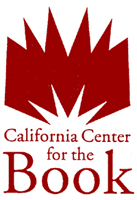 California Center for the Book is part of a network of Centers for the Book in every state of the Union, all affiliated with the Center for the Book in the Library of Congress. A non-profit reading promotion agency that provides services and resources to librarians throughout the state, the California Center for the Book develops statewide programs that celebrate California’s rich literary heritage, encourage reading and discussion, and promote libraries as centers for community engagement and lifelong learning.
California Center for the Book is part of a network of Centers for the Book in every state of the Union, all affiliated with the Center for the Book in the Library of Congress. A non-profit reading promotion agency that provides services and resources to librarians throughout the state, the California Center for the Book develops statewide programs that celebrate California’s rich literary heritage, encourage reading and discussion, and promote libraries as centers for community engagement and lifelong learning.
![]() California History-Social Science Project is a K-16 collaborative dedicated to increasing student achievement in history-social science by developing materials to teach historical thinking, providing professional development to teachers, and partnering with low-performing schools. A special focus of their work has been meeting the needs of English learners, native speakers with low literacy, and students from economically disadvantaged communities in order to reduce the achievement gap. CHSSP works with more than 4,000 teachers at approximately 1,500 schools annually.
California History-Social Science Project is a K-16 collaborative dedicated to increasing student achievement in history-social science by developing materials to teach historical thinking, providing professional development to teachers, and partnering with low-performing schools. A special focus of their work has been meeting the needs of English learners, native speakers with low literacy, and students from economically disadvantaged communities in order to reduce the achievement gap. CHSSP works with more than 4,000 teachers at approximately 1,500 schools annually.
 Exhibit Envoy (formerly the California Exhibition Resources Alliance, or CERA) provides high quality, affordable, traveling exhibitions and professional services to museums and other host venues throughout California. Its mission is to build new perspectives among Californians, create innovative exhibitions and solutions, and advance institutions in service to their communities. Created in 1988 by Cal Humanities as a consortium of small community‐based museums, CERA became a separate non‐profit organization in 2002 and changed its name in 2011.
Exhibit Envoy (formerly the California Exhibition Resources Alliance, or CERA) provides high quality, affordable, traveling exhibitions and professional services to museums and other host venues throughout California. Its mission is to build new perspectives among Californians, create innovative exhibitions and solutions, and advance institutions in service to their communities. Created in 1988 by Cal Humanities as a consortium of small community‐based museums, CERA became a separate non‐profit organization in 2002 and changed its name in 2011.
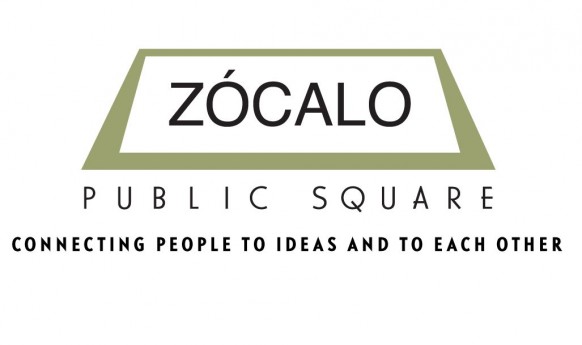 Zócalo Public Square blends on-the-ground events and on-line journalism to connect people to ideas and to each other in an open, accessible, non-partisan and broad-minded spirit. Through a web publication, lectures, panels, screenings, and conferences, Zócalo explores ideas that enhance our understanding of citizenship and community—the forces that strengthen or undermine human connectedness and social cohesion. Zócalo is committed to welcoming a new, young, and diverse generation to the conversation.
Zócalo Public Square blends on-the-ground events and on-line journalism to connect people to ideas and to each other in an open, accessible, non-partisan and broad-minded spirit. Through a web publication, lectures, panels, screenings, and conferences, Zócalo explores ideas that enhance our understanding of citizenship and community—the forces that strengthen or undermine human connectedness and social cohesion. Zócalo is committed to welcoming a new, young, and diverse generation to the conversation.
Searching for Democracy and its many programs are made possible with the generous support of our funders—the California State Library, which has provided assistance from the U.S. Institute of Museum and Library Services under the provisions of the Library Services and Technology Act, and the National Endowment for the Humanities, through its Federal-State Partnership program as well as the Chairman’s Special Initiative: Bridging Cultures. Additional funding has been provided by The BayTree Foundation, the Seedlings Foundation, and the Whitman Institute.
The opinions expressed herein do not necessarily reflect the position or policy of the National Endowment for the Humanities, the US Institute of Museum and Library Services, the California State Library, California Humanities and/or its funders and no official endorsement by any of these institutions should be inferred.
